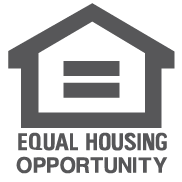FHA Mortgage from Loan Fox Inc.
FHA Loans Available
At Loan Fox Inc. we specialize in helping clients acquire the right financing for their home. A popular loan option for many people around the country is an FHA Loan. This loan is great for those looking for a lower down payment and more affordable monthly payments.
An FHA loan is federally insured by the Federal Housing Administration. These loans are insured by the US government but are available through private licensed FHA lenders. FHA loans were established in the 1930s during the Great Depression and have given lower income Americans access to home ownership.
This loan type requires mortgage insurance from the Federal Housing Administration. This upfront mortgage insurance premium (UFMIP) is equal to 1.75 percent of the base loan amount added to the loan at closing.and .85 % monthly mortgage insurance premium in the payment.
FHA mortgage insurance are flat rated, not based on credit score, so it is better for people with scores under 700. It is also more reasonable with down payment under 5%- Conventional has a 3% option, but the Conventional MI at the 3% down is higher, so sometime FHA gives us a better total payment Mortgage insurance is mandatory on all FHA loans whether they exceed 80% of the loan to value (refinances) value or purchase price (Purchases).
The Mortgage Insurance on FHA loans is there for the entire life of the loan and must be refinanced to a conventional loan to remove or reduce the MI. The main difference is it allows for less income and lower credit scores than conventional, so if it is all you qualify for it is still the best loan available.
FHA is most useful in one other way. If your property is a manufactured home, there is very limited availability for conventional loans. We do not offer conventional loans for manufactured homes, but we do manufactured homes with FHA/VA or USDA – See manufactured housing for further details.
Lenders offering this loan type are approved by the US Department of Housing and Urban Development. Each lender is able to set their rates and at Loan Fox Inc. we are able to offer some of the most competitive around the country.
There are several factors which will help determine your rate such as debt-to-income ratio, payment history on other debts, and your FICO credit score. Those with a score lower than 620 typically have a higher rate.
The FHA loan program is designed to help low to moderate income Americans gain access to affordable home ownership. The loan program allows first time home buyers to put as little as 3.5 % down and receive up to 6% towards closing costs.
Although an FHA loan was originally created to stimulate the housing market in the 1930s, it is still very popular today. As one of the most common loan types, we are able to offer great customer service paired with very competitive rates to make sure that your home purchase is a positive experience.
Contact us at one of our locations today for a quick and easy quote to make your first step towards owning your home!
Click Here!

